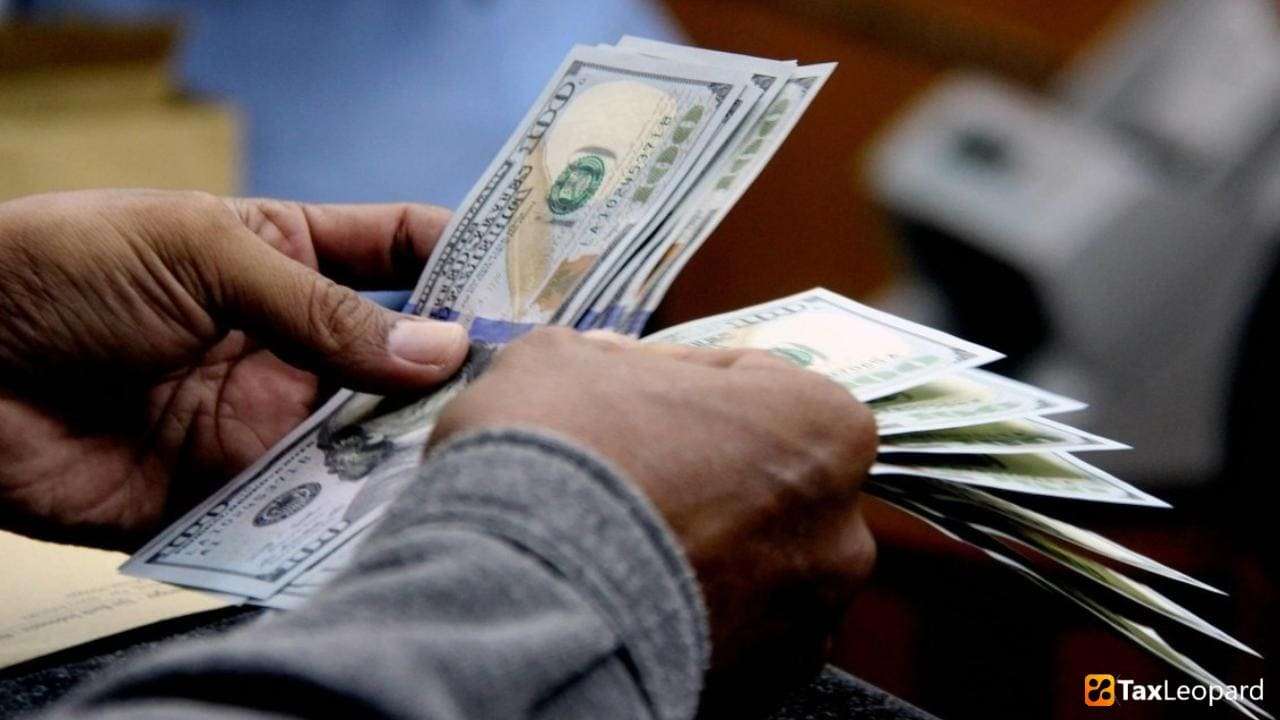The two primary tools in a government system are taxation and spending, which can influence economic behaviour, affect income and wealth distribution, and address social injustices. Different tax policies can result in significantly varying outcomes for different social classes, such as the rich and poor. These policies may either reduce the disparity or increase it. This article focuses on the nature of these mechanisms, particularly through regressive and progressive tax systems. Additionally, the connection between these structures and social justice will be examined, along with potential amendments to tax regulations that could benefit the general population.
Taxation and Social Equity
“One of the most impactful levers in governmental machinery is taxation, as it is capable of defining economic growth, redistributing resources, and stimulating social development. As a result, diverse fiscal policy will, at length, either lead to hardship being equalized among privileged and poor groups or deepen the inequality to be the difference between the rich and the poor. Through this write-up, how such mechanisms work is uncovered as they are critically analyzed by examining their regressive and progressive structures” shares, Gemma Hughes, Global Marketing Manager at iGrafx. Moreover, we engage the wider views on these structures and study the social justice implications of tax policy. Lastly, we examine and identify the different ways of using tax policy to enhance society.
The Concept of Tax Fairness
“The organizing idea is that fair taxation revolves around equalizing the tax structure among the people who contribute to the public finances through their respective financial capability levels. It means a situation in which a tax burden on a particular strand could be increased while it is made sure that this does not happen at the expense of others. The concept of progressive taxation, where a tax is transposed upwards according to income level, is usually a characteristic of this aspect, making it fairer and more equitable to share the tax burden” asserts, Timothy Allen, Director at Oberheiden P.C. He adds, “Policymakers implement such systems being resolute about the values and economic indices to be reflected in the systems and facing the challenge of always updating the systems to be relevant and reflect the dynamics in the volatile economy.”
Understanding Regressive Taxes
“Regressive taxes affect people who are poorer more strongly compared to richer because the proportion of income which is consumed by taxes from the bottom of the economic ladder is more than that from those who are at the top. Take, for example, unified sales tax regimes that apply to the entirety of goods and services can have a significant downside for lower-income families, as they end up spending more of their income on taxed items compared to higher-income families” says, Mark McShane, Digital PR Agency Owner, Cupid PR. He adds, “This might bring the position of the current income difference to a worse place, and it may slow down the total spending power of those with lower income, which may, in turn, adversely affect economic activity.”
The Role of the Progressive Tax
According to Windy Ko, HARO links specialist at HARO Link Building, “The essence of regressions is to set aside the unequal distributions that contribute to repugnant tax impositions. Progressive taxation is the name of the game in which the government charges a higher tax rate to the high-income sectors to redistribute wealth more **fairly**. These programs operate on the principle of income redistribution and they create an opportunity for the lower-income population to gain an education and learn a trade that will enable them to secure decent-paying jobs and prevent them from becoming the working poor. Fiscal policies on progressive taxation may apply to promoting equality and reducing poverty, providing more social welfare, and can be a tool for creating a more fair and balanced economic system that distributes growth profits evenly.”
The Impacts of a Flat Taxes System
“Flat taxes tend to be arranged in such a way that they do not differentiate among various income levels, an approach that many would deem equitable at first glance but in practice can lead to uneven taxation of different income brackets. Partial implementation of a flat tax without correction for dissimilar earnings may result in lower-income earners carrying an undue share of taxes, which is in a sense a regressive taxation” says, Gerrid Smith, Head of Communications at TEXAS PROPERTY TAX LOAN PROS. Gerrid adds, “This can make a cut in disposable resources for the low-income category as they may be required to tighten their belts to avoid economic downfall which may be painful and incredibly keep their income disparity high.”
Tax Evasion and Avoidance
“The approval of tax evasion and avoidance, mainly by the rich people and big corporations, considerably distorts the modern progressive tax system which aims to create socio-economic justice. When rich people and corporations avoid paying their taxes, the taxes are shifted to those who have less and those who are not in a position to afford this. This makes the tax system lack the confidence that people have in the system and hence access to taxes needed for fulfilling the necessities of society is reduced. Ensuring the toughness of the enforcement system and global alliance so that leakages and tax shelters are not allowed is the point of focus when the integrity of the tax regime is being discussed.” says, Sam Hodgson, Head of Editorial at ISA.co.uk
Social Effects of Equitable Taxing
“Taxation provides revenue that is often spent on public services tailored for mitigating socio-economic inequality. Investments in education, healthcare, and social security would not only improve the well-being of all citizens but the vulnerable people in the low social stand could fully benefit from these services” adds, Daniel Foley, Founder of Daniel Foley SEO Consultancy. The provision of these services not only respects the individual life chances but also the creation of healthcare involving an educated labor force which in the long run translates to sustainable economic growth and social togetherness.
International Aspects of Taxation and Equality
“The consideration of global tax practices, by observing how this affects social equity from the different perspectives of taxation makes this a very captivating topic. By way of example, Austria, which is famous for its well-developed and progressive tax systems, and superb social safety nets, often experiences lower levels of income inequality as well as higher levels of social well-being than the nations without such systems. On the contrary, those who live in areas with progressive taxation and fewer safety nets manifest an unequal distribution of resources and show that taxes can have a relevant role in social issues” says, Arman Minas, Director at Armstone
Tax Reforms for Social Equity
According to Adam Crossling, Marketing & New Business Director at zenzero, “To achieve genuine social equality, tax reforms are to be both ambitious in their revenue targets and fair in the way they distribute the tax multiplier. They are ready to abolish the regressive taxation-the tax policy and make tax policy transparent. Reforms need to be adjustable to the economic landscape and responsive to public suggestions that a new government will try to address to satisfy the changing demands of society. Taxation, as foremost fairness, will ensure equality and equity and economic rights will be enjoyed by all in a more even manner.”
Conclusion
Culture, reflecting the excellence of society and its social strata, is shaped by the tax system design aligned with societal values and priorities. By introducing tax policies that promote fairness and inclusiveness, the government acts as a crucial instrument for addressing inequities, enhancing social mobility, and reducing economic biases. Implementing progressive and well-thought-out tax reforms is essential for increasing the confidence of residents in the state, thereby contributing to a fairer and more just society.





